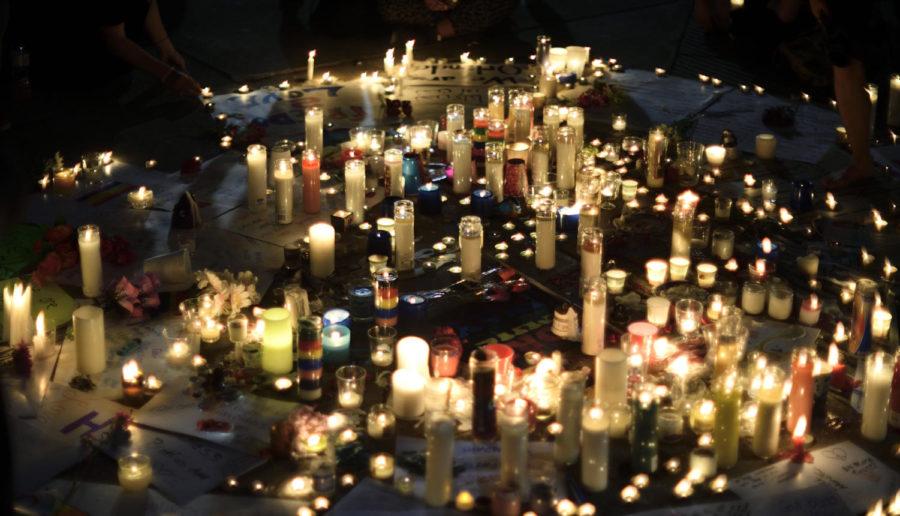Editorial: How do we define terrorism?
violence/terrorism stock
October 8, 2017
On the night of Sunday, Oct. 1, Las Vegas became a theater of horror when a gunman from Mesquite, Nevada, opened fire on a country music festival from an adjacent hotel. This brutal act of violence is the deadliest mass shooting in U.S. history, which left more than 50 people dead and over 500 injured.
The merciless bloodshed has sparked a debate whether to label it an act of global terror or at least domestic terrorism. Even after a week, authorities cannot define it in those terms; instead, they have condemned it as an “act of pure evil” and labeled the mass shooter as an isolated lone wolf, the only conclusion available for a white man in America.
The authorities’ obliviousness ignited an awful public response that questioned how the deadliest mass shooting in modern U.S. history could not be terrorism?
Authorities believed that the incident doesn’t fit the definition of terrorism under the U.S. law, where the technical definition of terrorism emphasizes more on the motive than the extent of a bloodbath. That is to say that the intent of the attacker matters the most despite how many people are killed or hurt.
What if an individual claiming to be Muslim or African-American had committed such a horrible act? The authorities might not consider them to fit in to the technical definition of terrorism and hastily label them as a terrorist even before the incident has been entirely investigated. Moreover, many would be more likely to believe that Islam was behind the attack if the shooter wasn’t white, which could lead to outlawing and the dehumanization of an entire ethnic group.
The current situation of the country is prejudiced in such a way that an act of terror or being a terrorist is primarily labeled on the basis of religious beliefs and skin color. When Muslim and African-American communities heard about the dreadful shooting in Las Vegas, they immediately started hoping that the shooter was not Muslim or black because of an expected fierce reaction against all of them.
It is arguable that to avoid publicity that could start a panic from the public, such lone-wolf led bloodshed shouldn’t be labeled as terrorism. But two sets of rules of American authorities also weaken this logic. Despite ever-increasing deadly mass shootings, Republicans in the U.S. Congress are drafting bills to expand the availability and use of silencers on guns rather than making their access harder.
In short, little or no consensus amongst Americans over the definition of terrorism along with virtually non-existent gun control measures ought to be addressed to make it clearer. The focus must be on stopping such mass shootings and saving lives in the future.







